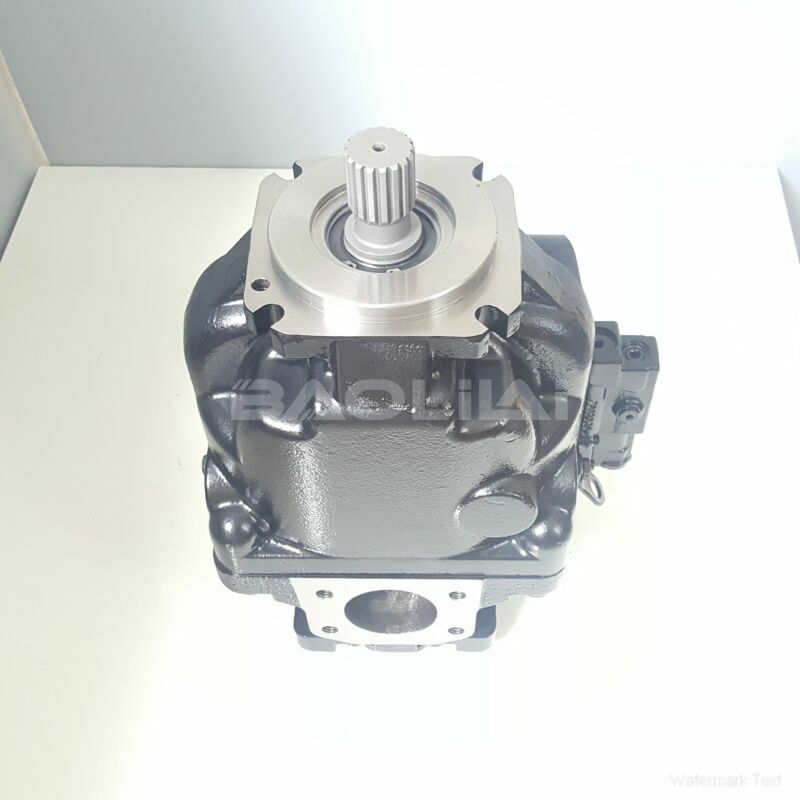ERR130BBC31NNNNN3S1NPA1NAAANNNNNN hydraulic oil pump
ERR130BBC31NNNNN3S1NPA1NAAANNNNNN hydraulic oil pump

- Product Details
- Applicable Scene
Hydraulic pumps are the backbone of many industrial operations, facilitating the functioning of machinery that relies on hydraulic systems. These pumps are pivotal in various applications, including manufacturing, construction, and agriculture. Maintaining these critical components is essential to ensure not only the efficiency of operations but also the longevity of equipment and the safety of workers. This article will explore the significance of regular hydraulic pump maintenance and its benefits for industrial equipment.
ER-R-130B-BC-31-NN-NN-N-3-S1NP-A1N-AAA-NNN-NNN
ERR130BBC31NNNNN3S1NPA1NAAANNNNNN
One of the primary reasons for regular maintenance of hydraulic pumps is to prevent unexpected failures. Hydraulic systems operate under high pressure and any malfunction can lead to operational downtime, which can be costly for businesses. Regular inspections and maintenance activities, such as checking for leaks, ensuring the fluid levels are adequate, and monitoring performance metrics, can help identify potential issues before they escalate into more severe problems. This proactive approach can save organizations significant amounts of money associated with repairs and lost productivity.

83070662
Moreover, regular maintenance ensures optimal performance of hydraulic systems. Over time, hydraulic fluids can become contaminated with dirt, debris, and moisture, leading to reduced efficiency and increased wear on pump components. Routine maintenance, including fluid changes and filter replacements, helps maintain fluid cleanliness and viscosity, ensuring that the pump operates smoothly and efficiently. This can lead to improved fuel efficiency and overall productivity of the equipment.
Another critical aspect of hydraulic pump maintenance is enhancing the safety of industrial operations. A malfunctioning hydraulic system can pose serious safety risks to workers. Hydraulic leaks can cause slips and falls, while sudden pressure failures can result in equipment accidents. By implementing a regular maintenance schedule, organizations can minimize these risks, creating a safer work environment and reducing the likelihood of accidents that can lead to injury or even fatalities.





